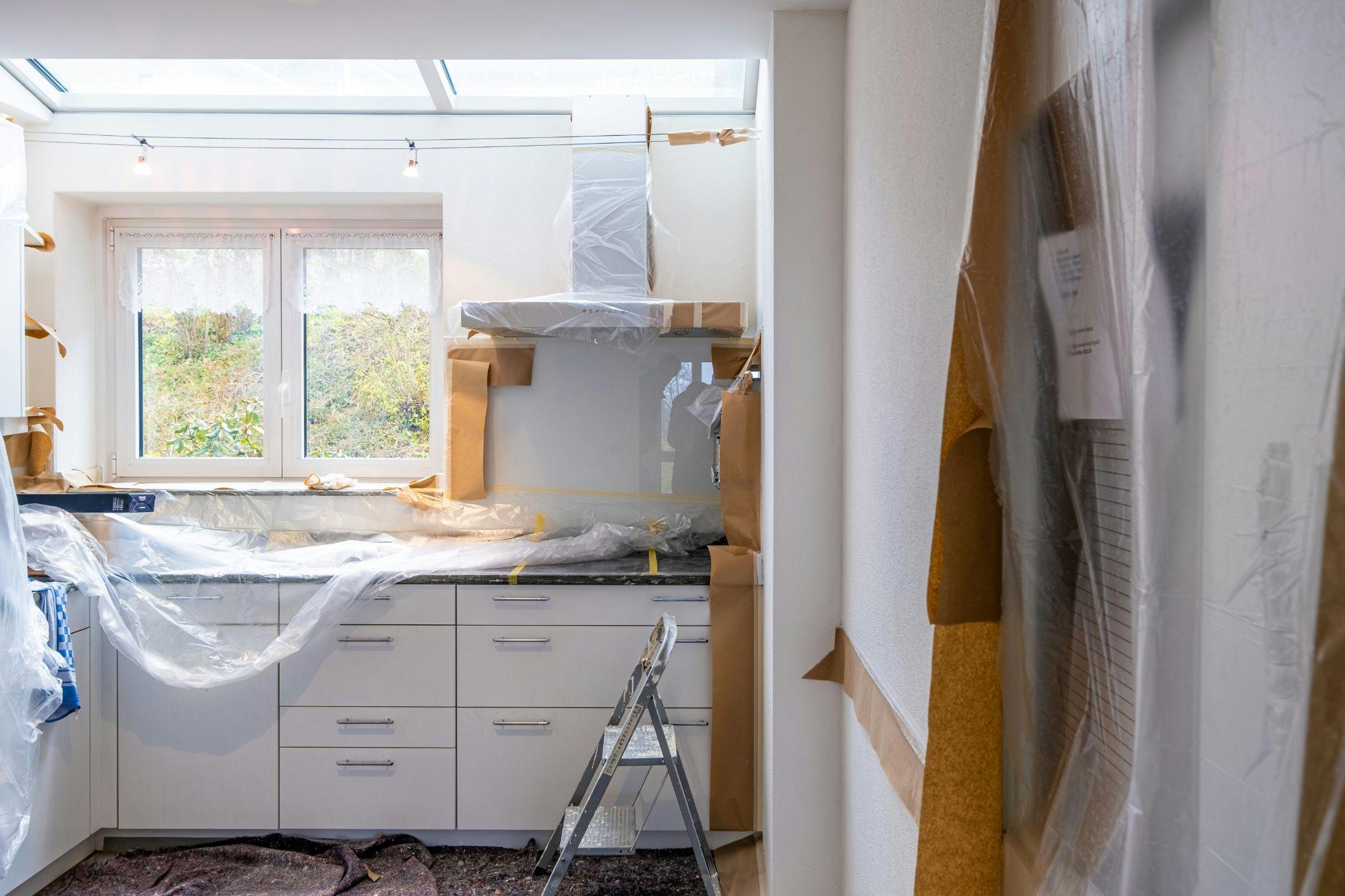
Photo by immo RENOVATION on Unsplash
DIY renovations are on the up. With the cost of labour and materials rising, more of us are donning a toolbelt and tackling home projects ourselves. However, if you’re not up to speed with the legal hoops you need to jump through to get work approved, you might end up with a hefty fine. The risk is very real, and in cities across the country, building officials are cracking down on unauthorized projects. Homeowners are being ordered to stop work, pay fines, or, perhaps most frustratingly, undo complicated renovations, all because the right paperwork wasn’t in place.
Permits Are Causing Problems
The answer to why so many people are skipping permits comes down to confusion rather than intentional law-breaking. Many people simply don’t realize what does or doesn’t require a permit. Added to that, many budding DIY enthusiasts are following social media trends and online tutorial videos, few of which mention permits; talking about paperwork hardly makes great content. Before they know it, an inspector shows up unannounced, often because renovation noise or visible work causes a neighbour to alert the city authorities.
In places like Ottawa, the rules around permits are clear. Unfortunately, they’re still overlooked. The fines can be substantial, so it’s better not to risk it. If you’re not sure whether your project requires a permit, speak to a professional, like Ottawa General Contractors. They can help you avoid any nasty (and expensive) surprises later on.
Projects That Require Permits
It’s not just big renovations like whole-house overhauls or structural changes that require a permit; plenty of smaller jobs do as well, such as the following.
- Adding or relocating plumbing (like sinks, dishwashers, or toilets)
- Electrical changes, like adding new outlets or rewiring
- Increasing the size of windows or doors
- Kitchen renovations in general
- Building extensions, decks, or patios
- Converting spaces like basements or attics
Even updates to your home that may seem minor can trigger local permit rules. Generally speaking, if what you’re doing changes your property’s systems, structure, or safety in any way, it probably needs approval.
What Happens If You Don’t Get a Permit
Permits take time and cost money. So, going ahead without one might feel like a shortcut at first. If you’re tempted to skip a permit, here’s what might happen:
- You might be fined thousands of dollars
- The city might stop your project
- You could be ordered to reverse the changes
- Home insurance claims may be denied
- Selling the property may be difficult without inspection records
Overall, you may save a bit of cash upfront, but it’s often a drop in the ocean compared to what you might end up paying when you get found out. That’s without considering the potential safety risks of unauthorized home alterations.
Endnote
DIY is incredibly satisfying, and there’s a wealth of information out there to inspire creative home projects. However, projects are only worth doing if they’re on the right side of the rules. Check which permits you need, follow the process, and if you’re ever in doubt, speak to a professional contractor.

